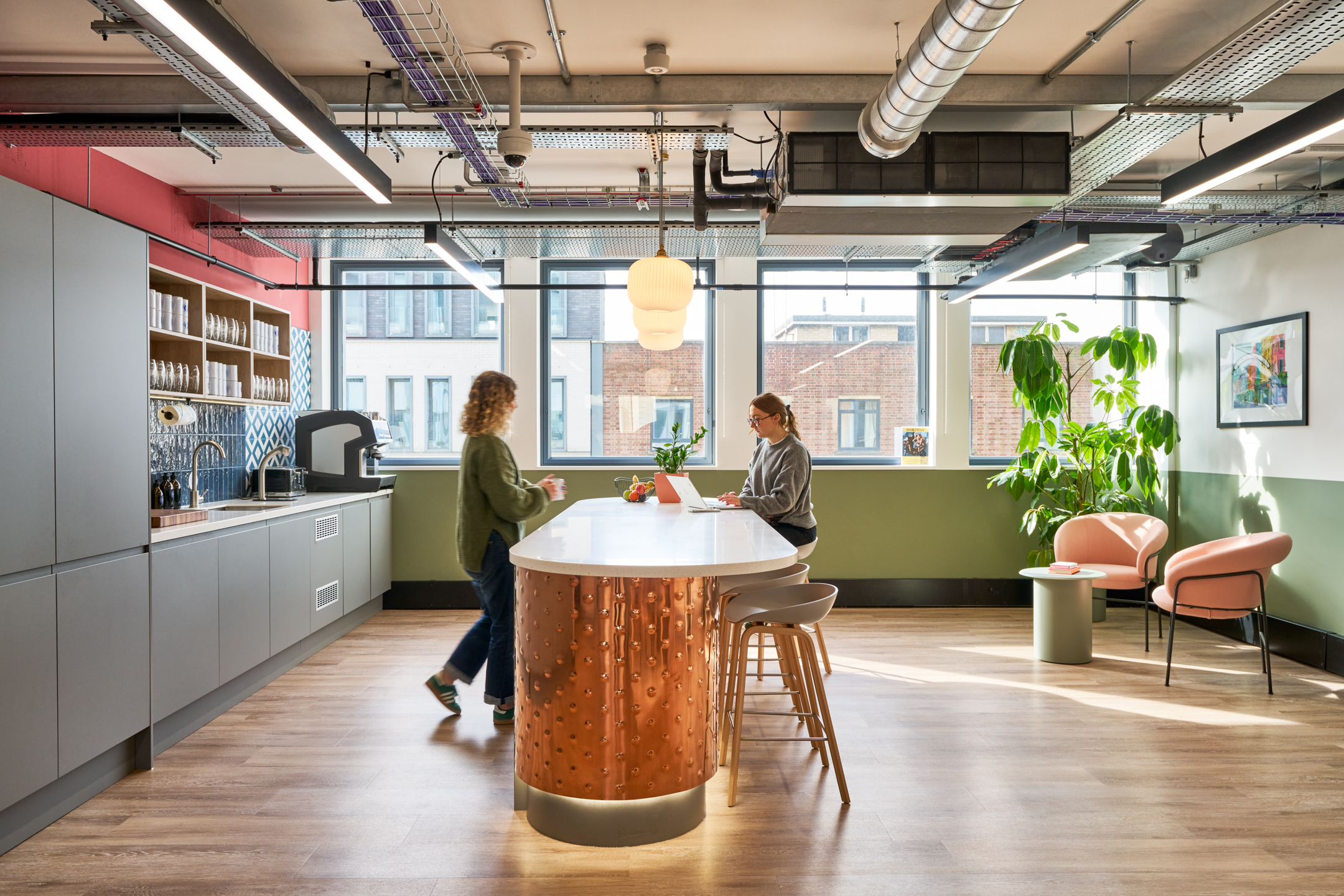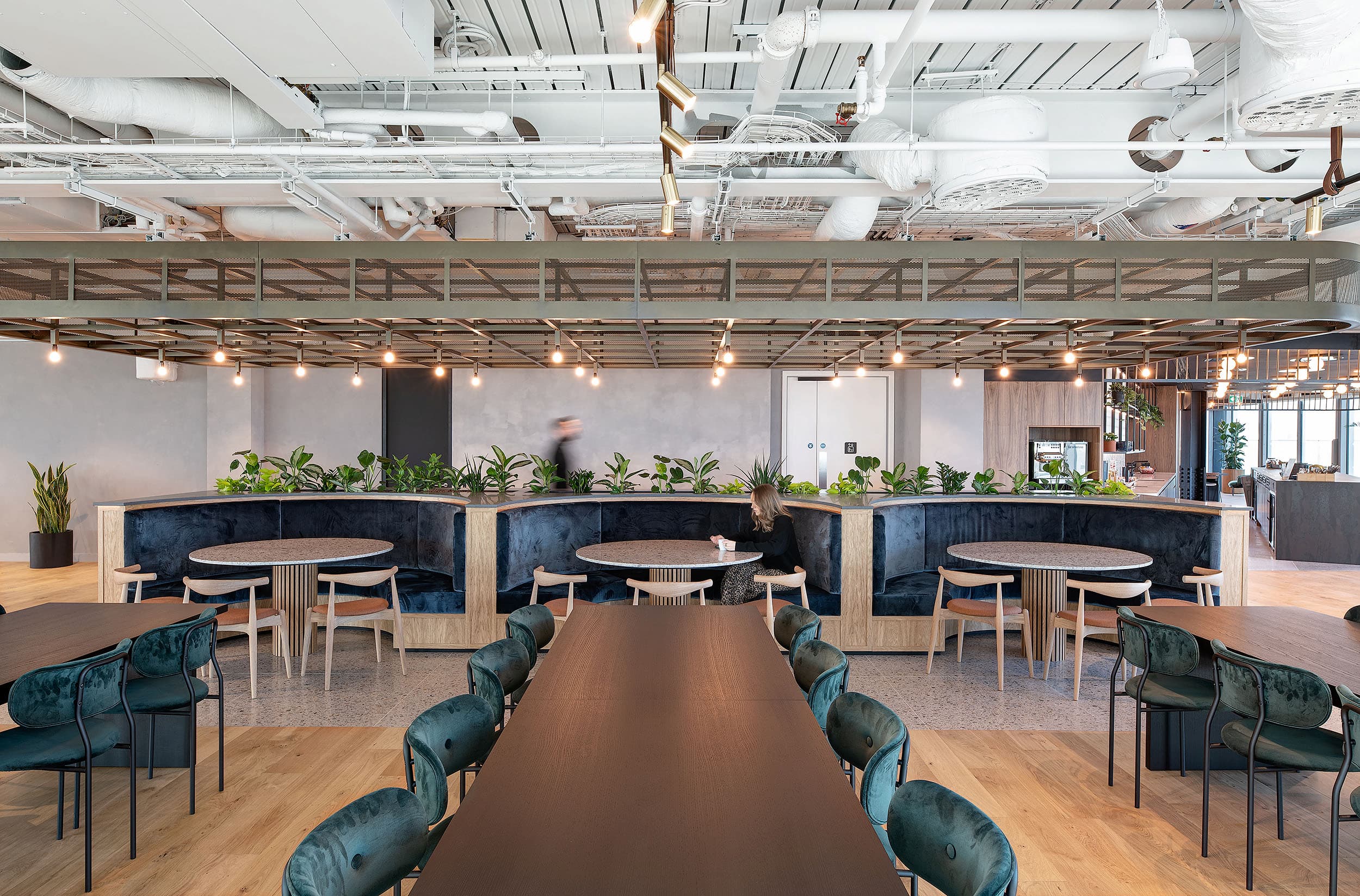About us

Our mission is simple:
To help clients—be they occupiers or providers—achieve and maintain competitive advantage through the workplaces they use, rent, or sell.
Creating high-performance workplaces
WFG, through its subsidiary companies, aims to provide a comprehensive basket of products and services for the creation and maintenance of high-performance workplaces in the UK.
We do this through a centralised R&D function, ensuring that our businesses are always in possession of the latest innovations in design, products and processes.
Our clients look to WFG to provide integrity, innovation, consistency, quality and value. We make a virtue of long-term relationships and have been supporting some of the UK’s most successful businesses for two decades or more.













